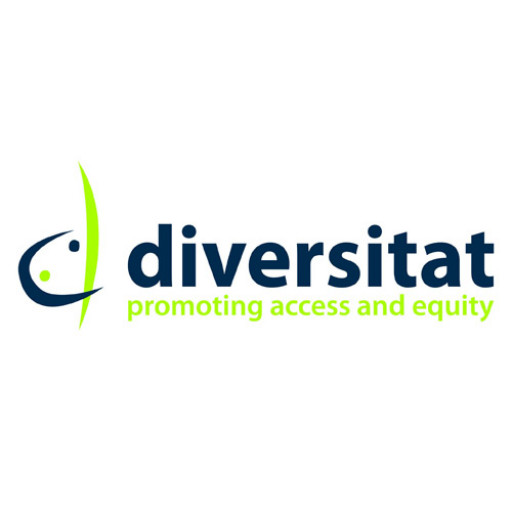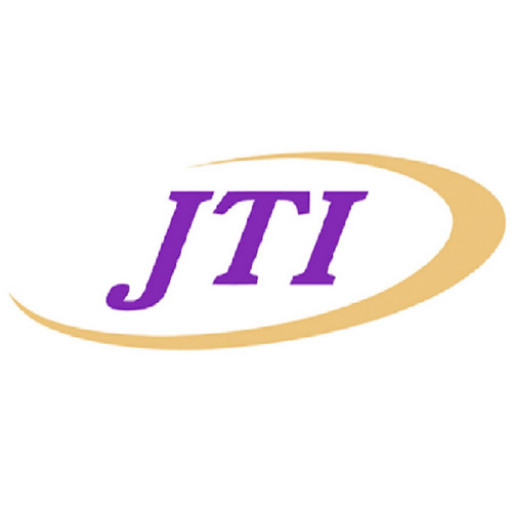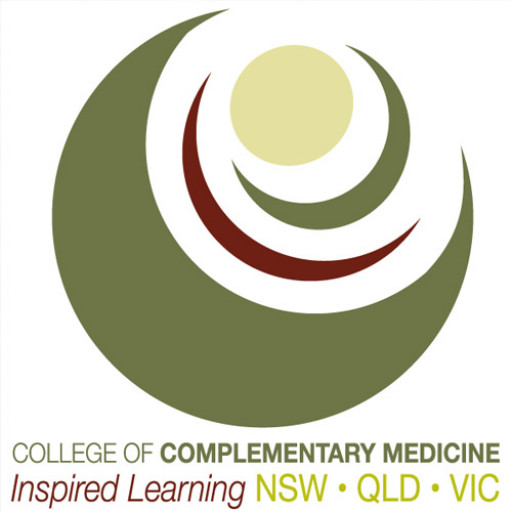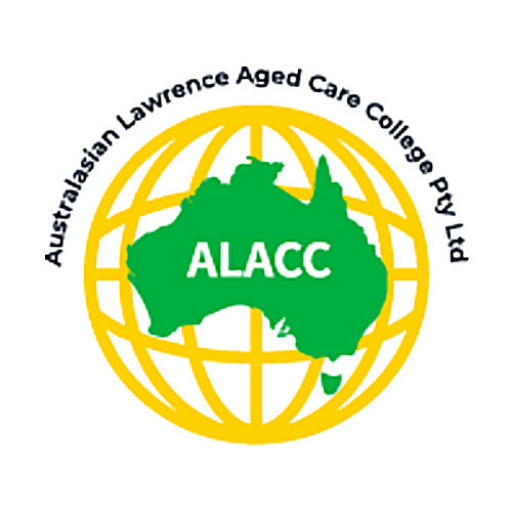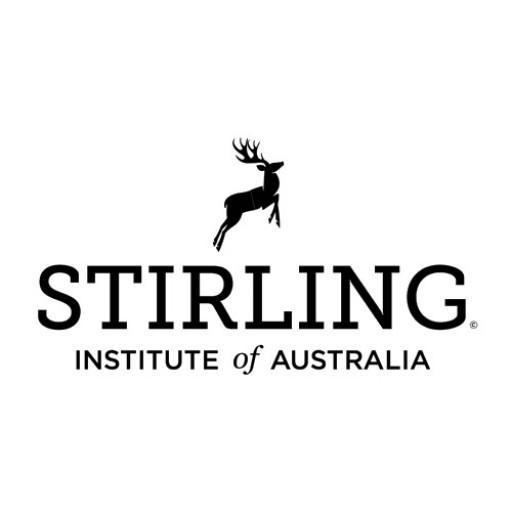This qualification reflects the use of workers who provide services to customers in relation to emotional health issues. They could offer counseling, referral, advocacy and education/health pro-motion services.These workers need to own high level specialist knowledge, skills and competencies particularly in regard to laws affecting people who have mental health difficulties, the range of services readily offered in their mind and medical issues related to emotional health. To achieve this qualification, the candidate must have completed at least 160 hours of are detailed in the Assessment Requirements of units of competency.No licensing, legislative, and regulatory or certification requirements apply to the qualification at the time of book.
The Certificate IV in Mental Health at Chisholm Institute provides students with the foundational knowledge and practical skills necessary to support individuals experiencing mental health challenges. This comprehensive program covers a wide range of topics essential for working effectively within mental health services, including understanding mental health conditions, risk assessment, crisis intervention, and developing client-centered support plans. Throughout the course, students gain an understanding of how to communicate effectively with people who are experiencing mental health issues, ensuring respectful and empathetic interactions. The curriculum emphasizes person-centered care approaches, ethical considerations, and legal frameworks governing mental health practice, equipping students with the confidence to operate within a multidisciplinary team environment.
Practical training is a key component of the program, with students participating in simulated activities and placements in real-world settings such as community health centres and mental health organizations. These hands-on experiences enable students to develop essential skills in supporting clients through active listening, crisis management, and implementation of care plans under supervision. The program also explores the impact of social, cultural, and environmental factors on mental health, preparing graduates to deliver inclusive and culturally sensitive support.
Upon successful completion of the Certificate IV in Mental Health, graduates are qualified to work as mental health support workers, peer support workers, or in related community roles. This qualification serves as a stepping stone to further education in mental health or related fields, allowing students to enhance their career prospects within the health and community services sectors. The course is designed for individuals passionate about making a positive difference in the lives of people experiencing mental health issues, providing them with the skills and confidence to contribute effectively to mental health and community wellbeing.
This program is designed to provide comprehensive education and training in the field of mental health, preparing students to work effectively in various health settings. It includes theoretical knowledge, practical skills, and industry placement components to ensure graduates are equipped to support individuals experiencing mental health issues. The curriculum covers core topics such as mental health foundations, psychology principles, counselling techniques, crisis intervention, psychosocial support, health and safety procedures, and legal and ethical considerations in mental health practice. Students will also explore related subjects such as communication skills, cultural competence, addiction management, and first aid, enabling them to deliver holistic care to diverse populations. The program emphasizes practical application through supervised clinical placements, during which students gain hands-on experience working with clients under the guidance of qualified professionals. To enroll, applicants typically need to meet specific entry requirements, including completion of a high school qualification or equivalent and relevant industry experience or related study. This qualification is suitable for those seeking to enter the mental health field as support workers, paraprofessionals, or allied health assistants, or for existing workers aiming to upgrade their skills. Throughout the course, students are expected to demonstrate competency in key areas such as communication, ethical practice, cultural sensitivity, client assessment, and intervention strategies. The program also encourages the development of critical thinking and problem-solving abilities essential for navigating complex mental health cases and adapting to fast-changing environments. Successful graduates will receive a recognized qualification that may include certifications to work in community mental health services, hospitals, mental health clinics, or support organizations. Additionally, the program fosters professional development and lifelong learning habits, emphasizing the importance of ongoing education to keep pace with advances in mental health research and practice. The overall aim is to produce competent, compassionate, and ethical mental health support workers who can contribute effectively to the well-being of individuals and communities, promoting mental health awareness and reducing stigma surrounding mental illness.
The Mental Health programs at Chisholm Institute, TAFE VIC, typically offer a range of financial assistance options to support students in their educational pursuits. Students enrolled in these programs may be eligible for government funding schemes such as Skills First, which helps subsidize tuition fees for eligible domestic students. This initiative is designed to make vocational education more accessible and affordable, thereby encouraging wider participation in mental health studies. Additionally, certain students may qualify for concessions or reductions based on their individual circumstances, such as income level or unemployment status. For international students, the cost of the program varies and is usually paid in full unless they qualify for specific scholarships or sponsorship programs offered by the institute or external organizations.
Chisholm Institute also offers flexible payment plans to ease the financial burden on students. These plans allow students to pay their tuition fees in installments over the duration of the course, making it easier to manage cash flow and budget accordingly. Some students may also access scholarships specifically aimed at students pursuing health-related qualifications, including mental health programs. These scholarships are competitive and require applicants to meet certain criteria, such as academic merit or demonstrated commitment to the mental health field. Furthermore, students can sometimes access external funding sources, such as government grants or non-governmental organization support programs, which aim to promote workforce development in mental health services.
Students are encouraged to contact the Chisholm Institute financial aid office or visit their official website for detailed information regarding eligibility criteria, application procedures, and deadlines related to financial aid and study grants. It is also recommended to explore eligibility for Vocational Education and Training (VET) student loans, which may cover part or all of tuition fees for eligible students. In summary, the financial options available at Chisholm Institute aim to reduce barriers to accessing mental health training by providing various funding opportunities, payment options, and support structures to ensure sustainable and affordable education pathways.
The Certificate IV in Mental Health at the Chisholm Institute provides students with the foundational skills and knowledge necessary to work in the mental health sector. This program focuses on developing practical skills to support individuals experiencing mental health issues, emphasizing person-centered care and evidence-based practices. The course covers a wide range of topics, including mental health principles, crisis intervention, working with diverse populations, and understanding mental health disorders. Students will learn how to communicate effectively with clients, develop care plans, and provide support in various settings such as community health centers, hospitals, and outreach programs. The program is designed to prepare graduates for entry-level roles in mental health support, offering pathways to further education and specialization in related areas.
Throughout the course, students engage in both theoretical learning and practical placement components, ensuring they gain real-world experience working with clients under supervision. This combination aims to enhance employability and equip students with the confidence to handle complex situations ethically and professionally. The Certificate IV in Mental Health also emphasizes teamwork, cultural competence, and professional ethics, which are essential for working in culturally diverse environments.
Graduates of this program may find employment as mental health peer support workers, community support workers, or mental health assistants. The qualification aligns with industry standards and incorporates compliance with relevant mental health legislation and standards. The program is suitable for individuals interested in pursuing a career in mental health or healthcare, as well as those seeking to expand their understanding of mental health issues within their current role. It also serves as a pathway for further education in Advanced Diploma of Mental Health or related courses, enhancing career opportunities within the mental health and social services sectors. With a strong focus on practical skills, theoretical knowledge, and ethical practice, the Certificate IV in Mental Health from Chisholm Institute prepares students to contribute effectively to the well-being and recovery of individuals experiencing mental health challenges.


